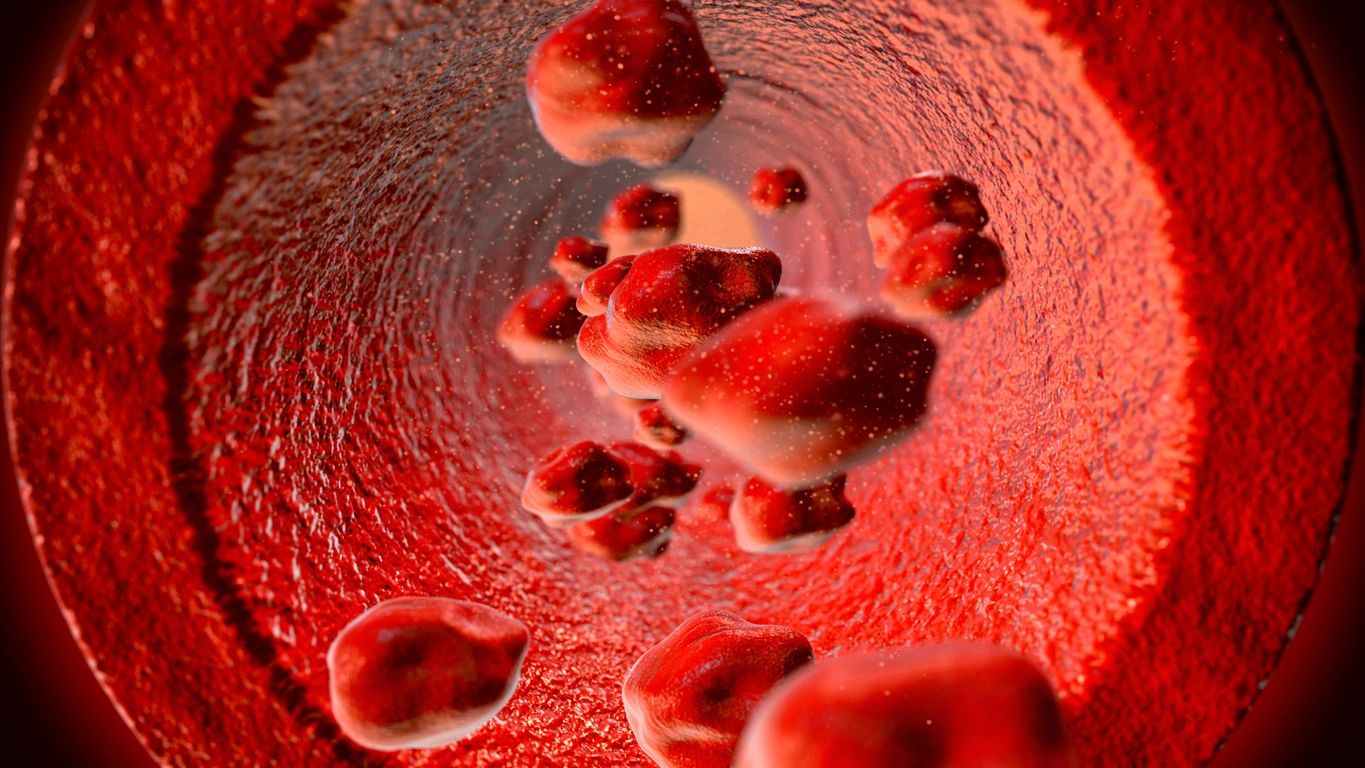HOW TO KEEP YOUR BLOOD HEALTHY
It’s pretty amazing to think about, but your blood is like the ultimate delivery service for your whole body. It carries oxygen, nutrients, and all sorts of good stuff to every single cell, keeping you alive and running. As we get older, especially after turning 60, our bodies change, and so can our blood. Things like our iron levels, cholesterol, and how easily our blood clots can all be affected. But here’s the good news: you have a lot of power to how to keep your blood healthy, which in turn keeps your whole body feeling better and working better.

So, why is healthy blood so important when you’re over 60? Think of it this way: if your blood isn’t flowing smoothly, or if it’s missing important ingredients, then your organs and tissues aren’t getting what they need. This can lead to all sorts of problems, like feeling tired all the time, having a weaker immune system (meaning you get sick more often), or even more serious issues like heart disease or strokes. The goal is to make sure your blood is strong, clean, and flowing freely.
Let’s dive into what you can do to achieve healthier blood.
1. Stay Hydrated: This might sound super simple, but it’s foundational. Your blood is mostly water. If you’re not drinking enough water, your blood can become thicker, making it harder for your heart to pump and for nutrients to travel. Aim for at least 8 glasses of water a day, more if you’re active or it’s hot. Water helps your blood cells move freely and efficiently.
2. Get Moving (Regular Exercise): You don’t have to become a marathon runner, but regular physical activity is a game-changer for your blood. When you exercise, your heart pumps faster, which improves blood circulation. This helps deliver oxygen and nutrients more effectively throughout your body. Exercise also helps keep your blood vessels flexible and can help lower “bad” cholesterol (LDL) while raising “good” cholesterol (HDL). Aim for at least 30 minutes of moderate activity most days of the week – a brisk walk, swimming, cycling, or even dancing.
3. Manage Stress: Believe it or not, stress can actually affect your blood. Chronic stress can increase inflammation in your body, which can negatively impact blood vessel health and even raise blood pressure. Find ways to relax, whether it’s through meditation, deep breathing exercises, hobbies, or spending time with loved ones.
4. Regular Check-ups: This is crucial. Your doctor can run blood tests to check things like your cholesterol levels, blood sugar, iron levels, and more. These tests give you a snapshot of your blood’s health and can flag any potential issues before they become serious. If something is off, your doctor can guide you on the best steps to take.
Now, let’s talk about what to eat for healthier blood after 60. Food is medicine, and what you put into your body directly impacts your blood quality.
1. Focus on Whole Grains: Think oats, brown rice, whole wheat bread, and quinoa. These are packed with fiber, which helps lower cholesterol. High cholesterol can lead to plaque buildup in your arteries, making it harder for blood to flow. Fiber acts like a scrub brush, helping to remove some of that excess cholesterol.
2. Load Up on Fruits and Vegetables: These are powerhouses of vitamins, minerals, and antioxidants. Antioxidants protect your cells, including your blood cells and blood vessels, from damage. Dark leafy greens like spinach and kale are great for vitamin K, which helps with healthy blood clotting. Berries are rich in antioxidants, and citrus fruits provide vitamin C, which is important for healthy blood vessel walls.
3. Choose Lean Proteins: Fish, chicken, beans, lentils, and nuts are excellent sources of protein without too much unhealthy saturated fat. Fatty fish like salmon and mackerel are especially good because they contain omega-3 fatty acids, which are fantastic for heart health and can help reduce inflammation and keep your blood from becoming too sticky.
4. Healthy Fats are Your Friends: Avocado, nuts, seeds, and olive oil contain healthy fats that can help improve cholesterol levels and reduce inflammation. Limit saturated fats (found in red meat, butter, and processed foods) and avoid trans fats (often found in fried foods and baked goods).
5. Limit Salt, Sugar, and Processed Foods: Too much salt can raise blood pressure, putting a strain on your blood vessels and heart. Excessive sugar can lead to inflammation and issues with blood sugar control. Processed foods often contain unhealthy fats, high levels of sugar, and lots of salt, none of which are good for your blood.
By making these changes, you’re not just helping your blood; you’re helping your entire body. When your blood is healthy, you’ll likely have more energy, a stronger immune system, better brain function, and a reduced risk of serious diseases like heart attack and stroke. It’s an investment in your well-being that pays off big time, allowing you to enjoy your years after 60 with vitality and good health.
